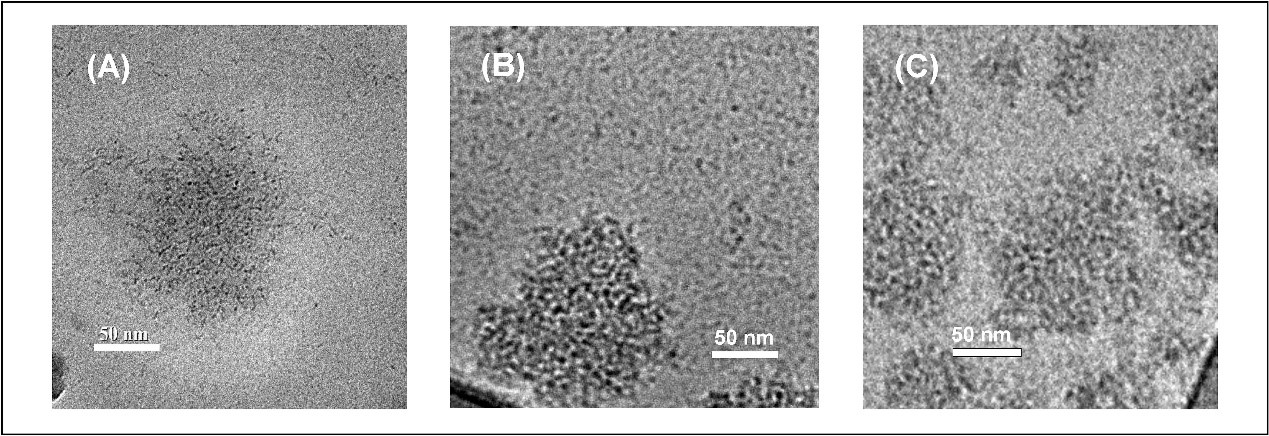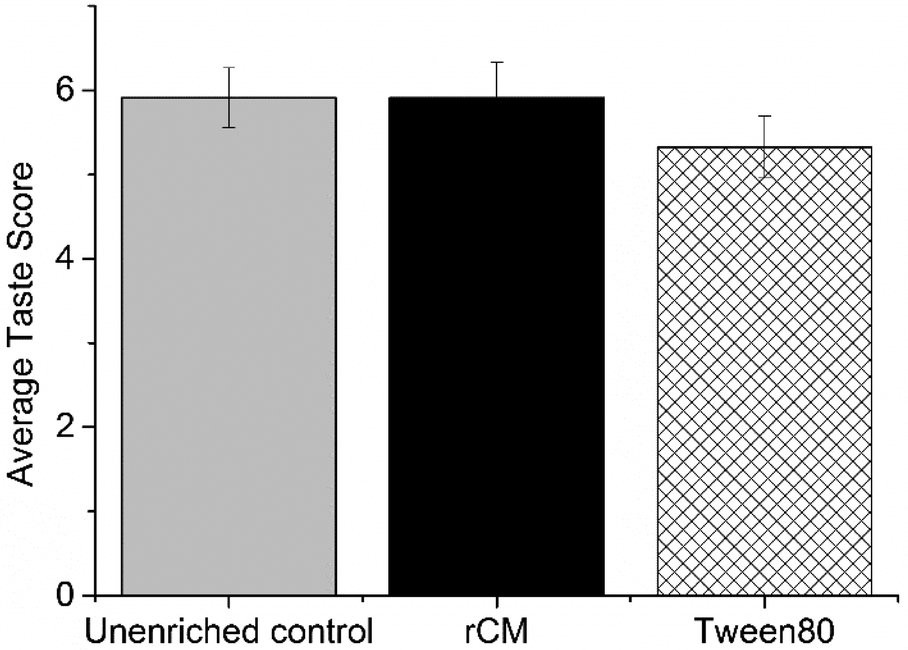Re-assembled casein micelles (rCM) were formed from soluble sodium caseinate by reconstitution of the original mineral composition of milk, followed by a high-pressure homogenization step. rCM are comprised of natural ingredients, mainly caseins, held together by hydrophobic interactions into submicelles, which are bridged together by calcium-phosphate nano-clusters. This structure resembles the structure of the natural casein-micelles.
Vitamin D3 (VD3) is a fat soluble vitamin of great importance for calcium and phosphorus homeostasis. VD3 is also associated with cardiovascular health, cancer prevention, regulation of immune function and decreased risk of autoimmune diseases. VD3 deficiency is a global problem.
The encapsulation of VD3 within casein micelles has many advantages: It enables stabilization in aqueous systems and improves accuracy and uniformity of distribution of the added vitamin. Moreover, the rCM were found to protect VD3 during thermal treatment and to shield it from harmful UV radiation damage. We have also shown that encapsulation in casein vehicles protects VD3 from degradation in the stomach.
The encapsulation of VD in rCM confers good bioavailability of the vitamin, as we have found in 3 different human clinical studies (Haham, et al. (2012); Levinson, et al. (2016), and Cohen, et al (2017)).









